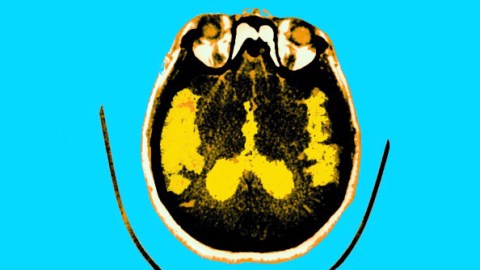Alzheimer’s Disease Transferred Through Human Growth Hormone

Researchers at the University College of London think they’ve found a link between human growth hormone and the development of the neurodegenerative disease. By studying the brain tissue of eight recipients who died of Creutzfeldt-Jakob disease (CJD) after being injected with the hormone, the scientists discovered that the recipients also had signs of early onset of Alzheimer’s. In short, if the disease can be passed through hormones, then the disease might not be entirely a genetic disorder.
Of course, other scientists are doubtful — mainly because it is extremely difficult to determine the paths of disease transmission. Nevertheless, there is evidence that mice can contract Alzheimer’s by being injected with proteins from Alzheimer’s patients.
In short, if the disease can be passed through hormones, then the disease might not be entirely a genetic disorder.
Understanding how a disease develops is obviously key to treating those who suffer from it. The most popular treatments are medications that help increase the brain’s levels of acetylcholine, a chemical that helps neurons transmit information to one another. However, a recent study found that resveratrol — the antioxidant found in red wine and chocolate — can change the amyloid-beta ratios in the brain (amyloid-beta is a neuro-protein), which in turn helped to slow the progression of the disease.
If Alzheimer’s is indeed contagious, that could change how doctors treat it and other so-called genetic diseases as well. Already, epigenetics — or cellular genetics that considers the impact that environmental factors have on genes — has determined that diet can change the make-up a person’s DNA that can then be passed on to his or her offspring.
In one study, Swedish scientists examined the genes of people who had died of cardiovascular disease and diabetes and found that availability of food to a father or grandfather before puberty was directly correlative to the development of these diseases in their children and grandchildren. Perhaps then with Alzheimer’s, the “contagious” aspect could be related to how genes change or develop when exposed to influencing hormones and proteins.
Alzheimer’s isn’t a genetic disease, says Ottavio Arancio, an Alzheimer’s researcher at Columbia University.





